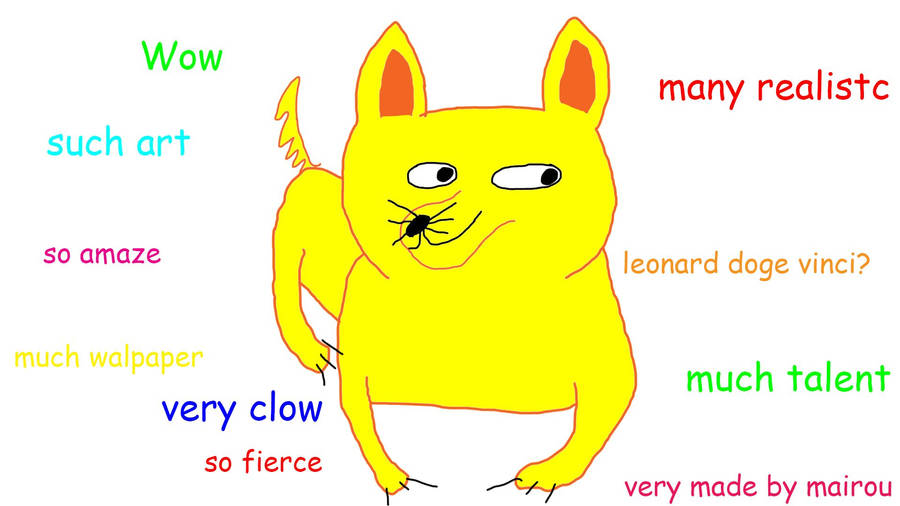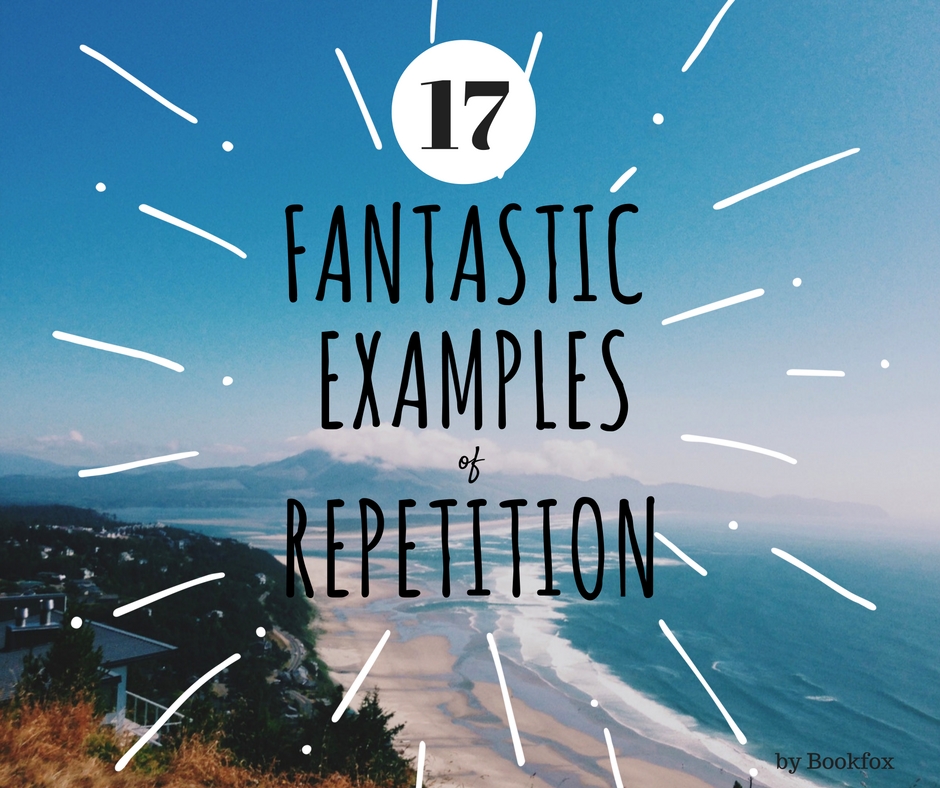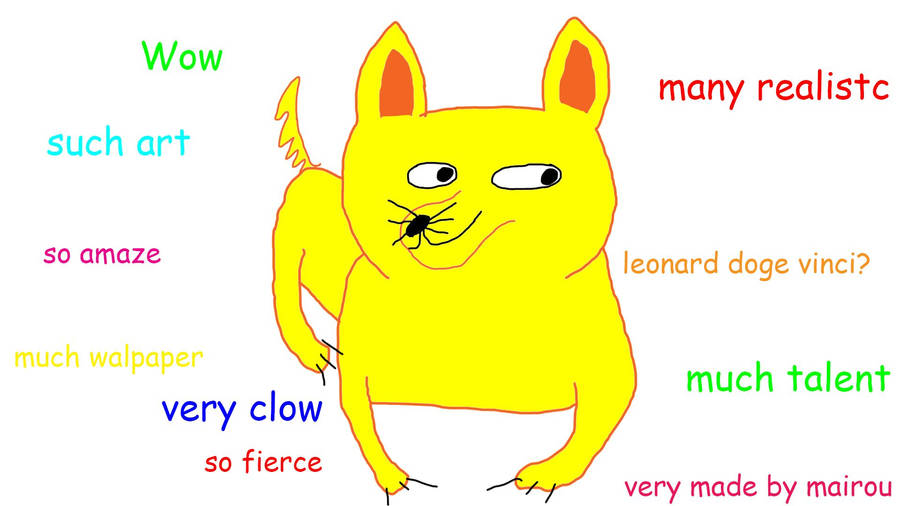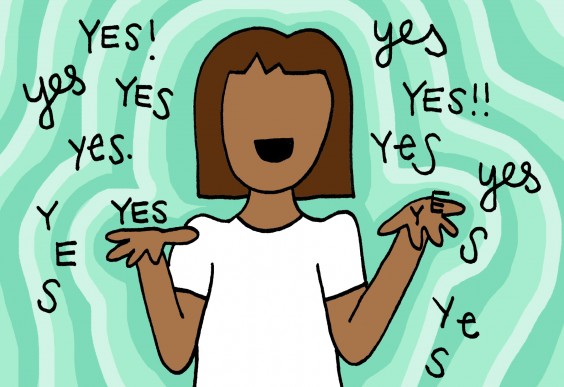we who use the Web have an oppor-tunity to wield the architecture of participation to defend our freedom to create and consume digital media according to our own agendas.
I am not sure that I fully agree here. I did not look to see when this book was written, or how old it is today, but I think I can safely say that we have already crossed into this and it has been happening for some time. We are not fully in control of what we are influenced by now when it comes to social media/new media. With ads being directed toward you and supposedly "what you like" or fake accounts that are made to steer you in a different way... I think that definitely plays a part in how we as consumers can NOT be in control. This is why digital literacies and learning the ways of the web is so important, and like the author stated before, not everybody has that "lore". We don't all come out computer literate, ready and able to take on the web and participate intelligently and its more important now than it ever has been about the dangers of navigating such technologically advanced resources.










